Breaking: Trump’s Biggest Win
History has officially been made.
In a landmark decision on Monday, the Supreme Court ruled in Trump v. United States that a former president enjoys significant immunity from prosecution for official acts carried out while in office, yet remains susceptible to legal action for unofficial acts. The 6-3 verdict prompted a remand of the case to a lower court, refraining from directly addressing whether Donald Trump is immune from prosecution concerning his efforts to overturn the 2020 election results.
Chief Justice John Roberts, writing for the majority, emphasized the delineation between official and unofficial presidential actions. He underscored that while the President is not beyond the law, Congress lacks the authority to criminalize actions taken in the execution of constitutional executive responsibilities. Roberts stressed the historic necessity of a robust, independent Executive Branch under the constitutional framework.
Central to the case was Special Counsel Jack Smith’s pursuit of charges against Trump for alleged interference in the 2020 election and involvement in the January 6 Capitol riot. Trump had pleaded not guilty, arguing for immunity from prosecution related to his official presidential duties.
Justice Sonia Sotomayor, joined by Justices Elena Kagan and Ketanji Brown Jackson, dissented vehemently, asserting that the ruling undermines the foundational principle that no individual, including a former President, is above the law. Sotomayor criticized the Court for granting Trump broad immunity, arguing it could shield him from accountability for potential criminal acts.
Amid the Court’s deliberation, Trump reacted in an exclusive interview with Fox News Digital, framing the decision as a victory for the Constitution and democracy. He portrayed the legal challenges against him as politically motivated persecution orchestrated by his opponents.
The case drew intense scrutiny from both conservative and liberal justices, reflecting concerns about the implications for future presidential accountability. Justice Samuel Alito voiced fears about destabilizing democratic norms if losing incumbents faced criminal prosecution, while Justice Ketanji Brown Jackson questioned the absence of deterrence for future presidential misconduct if criminal liability were removed.
Justice Brett Kavanaugh and Justice Neil Gorsuch highlighted the profound and enduring implications of the Court’s decision, stressing its impact on presidential power and accountability for generations to come.
Meanwhile, Trump faces ongoing legal battles beyond this Supreme Court decision, including a recent conviction on falsifying business records in New York. The broader ramifications of the Court’s ruling are poised to influence not only the legal landscape surrounding presidential immunity but also the norms and expectations of executive conduct in the United States.

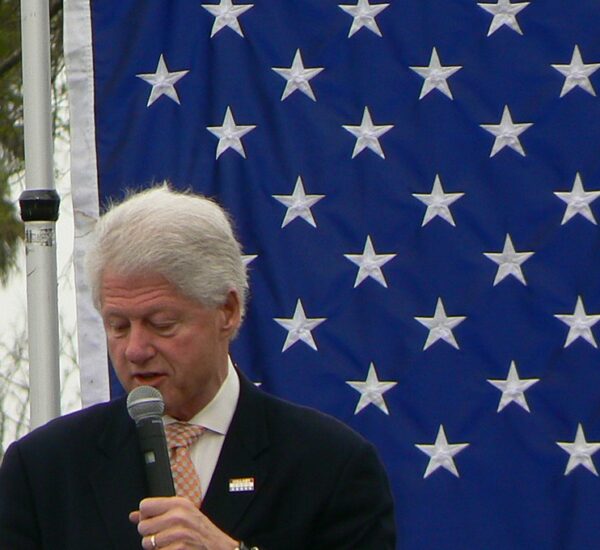
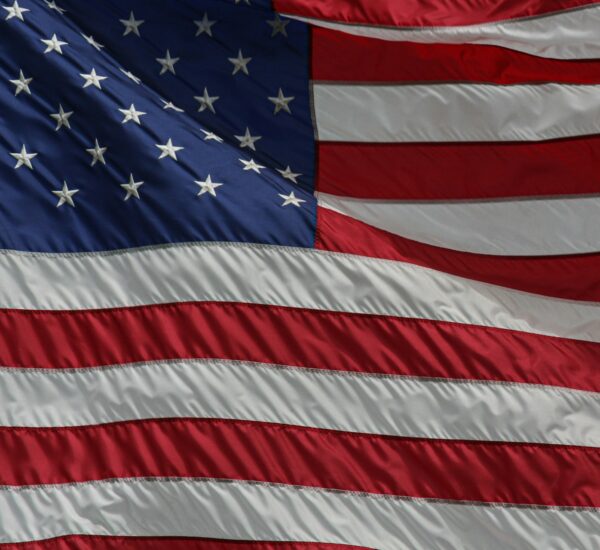
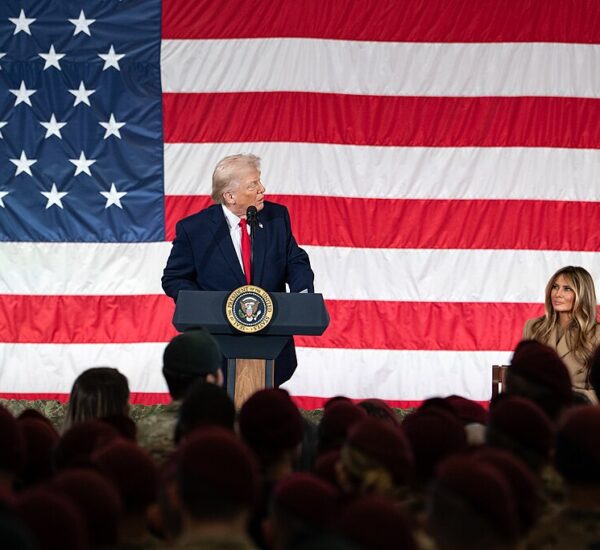
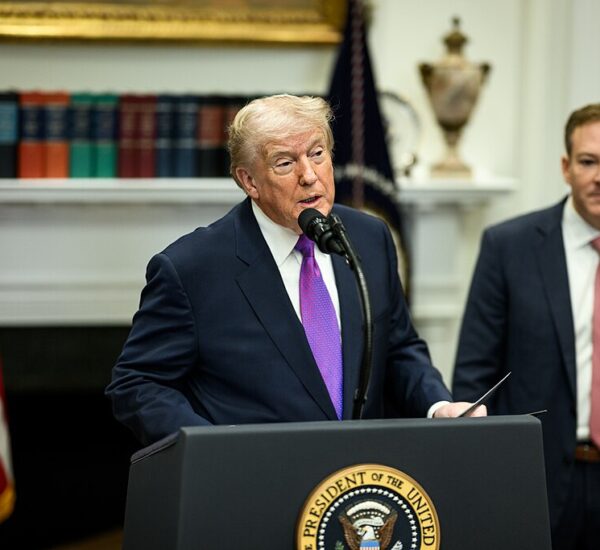

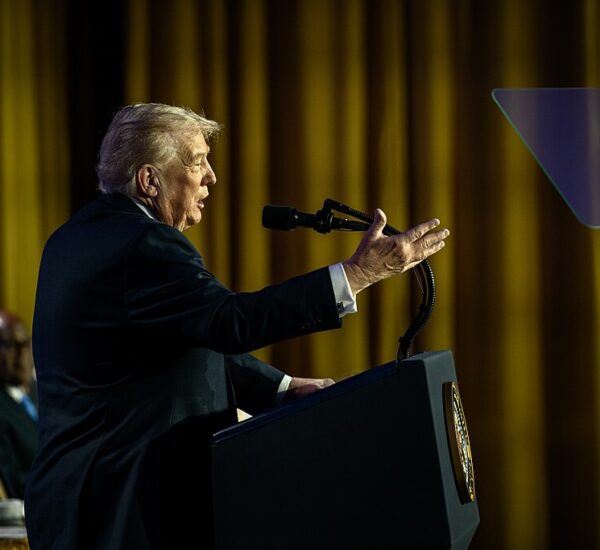
The democommunists are crying now. They thought they “HAD” TRUMP (AGAIN) The pundits will come out of the woodwork now, and start bashing the SCOTUS for actually following the CONSTITUTION and RULE OF LAW (as they should)